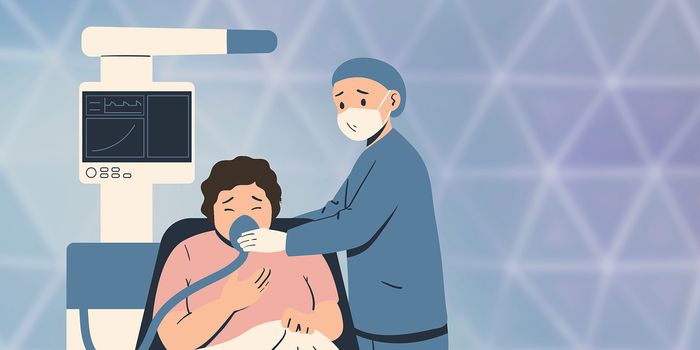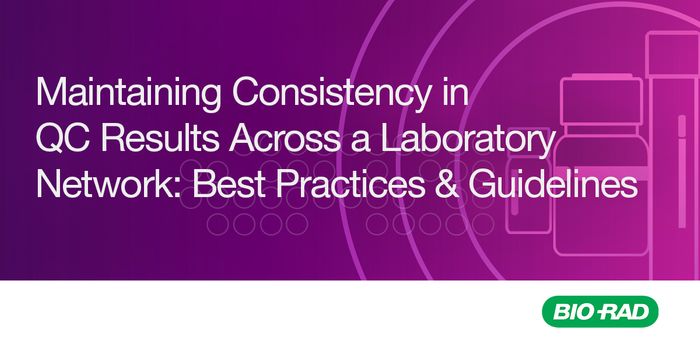Akathisia Awareness: A Closer Look
Content warning: this article talks in-depth about suicide and self-harm.
September was Suicide Prevention Month, but just because it’s October does not mean that we should stop talking about suicide prevention. A critical aspect of suicide prevention is understanding what akathisia is— a mysterious, under-studied illness that drives many people to suicide and self-harm.
Akathisia Awareness Day was on September 20th. Akathisia is defined as a feeling of restlessness, unease, and anxiety that can ultimately lead the sufferer to suicidal thoughts or violence. “
symptoms can include insomnia, agitation, inner and outer restlessness, skin-crawling, anxiety, and increased physical movements,” writes Wendy Dolin, founder of the Medication-Induced Suicide Prevention and Education Foundation in Memory of Stewart Dolin (MISSD).
Akathisia can be caused by over 100 different medicines, including anti-psychotics and serotonin-reuptake inhibitors, which are popular first-line drugs for depression, anxiety, bipolar disorder, and other mental illnesses. Medications commonly prescribed for non-mental health reasons, like acne, asthma, or high blood pressure, can also cause akathisia.
Currently, there are a few different treatments, the most popular being the use of beta-blockers such as Ativan and propranolol, but even these have not been studied enough to conclude the best treatments for akathisia. There are home remedies such as CBD, vitamin B6, massages, vibrating mats, heating pads, Benadryl— the list goes on. Still, none of these are FDA-approved treatments of the disease, just lists compiled by communities of people suffering from akathisia.
Since akathisia is usually brought about by dosage changes, starting, and stopping medications, Dolin recommends finding a trusted person to help monitor the affected individual. If any of the common symptoms show up, like rocking back and forth, pacing, or complaints of restlessness, then it’s essential to talk to a doctor or psychiatrist right away about mitigating the symptoms and getting to the root of the problem.
Many medical professionals and patients are still in the dark about this condition— what causes it, what controls its severity, how to treat it— so it’s essential for patients and their psychiatrists to have candid conversations about the risks of medications. In some cases where the side effects can be deadly, as with akathisia, these conversations can save lives.
Sources: MISSD, EINPresswire, Journal of Clinical Psychiatry









